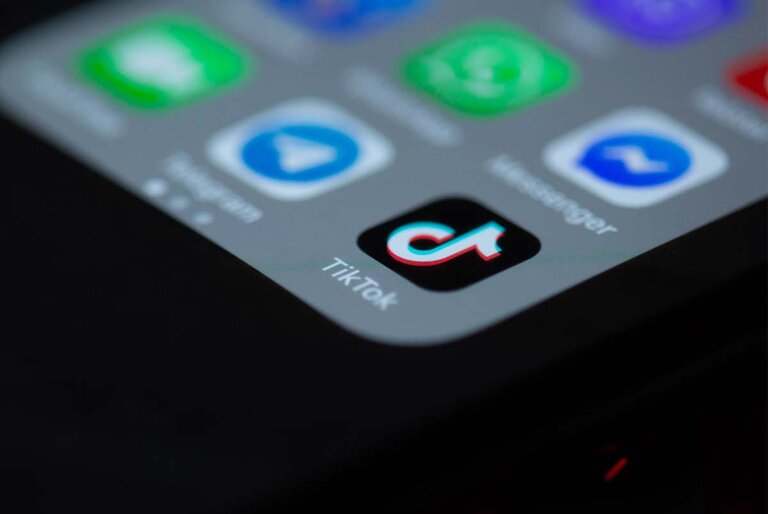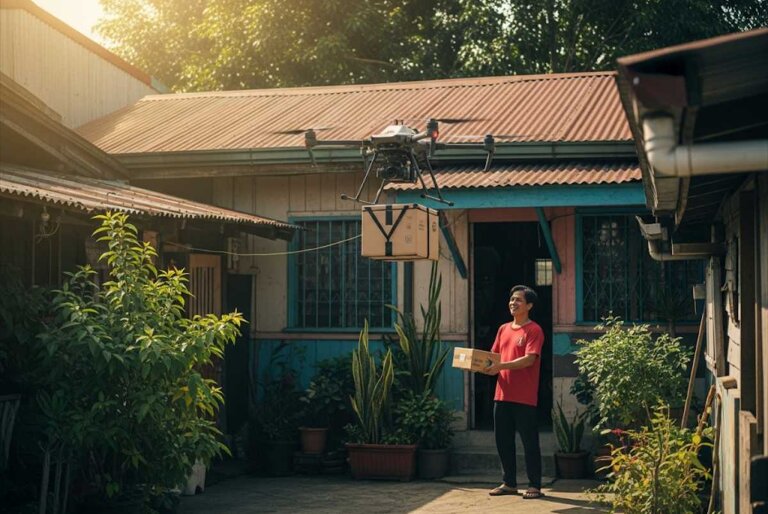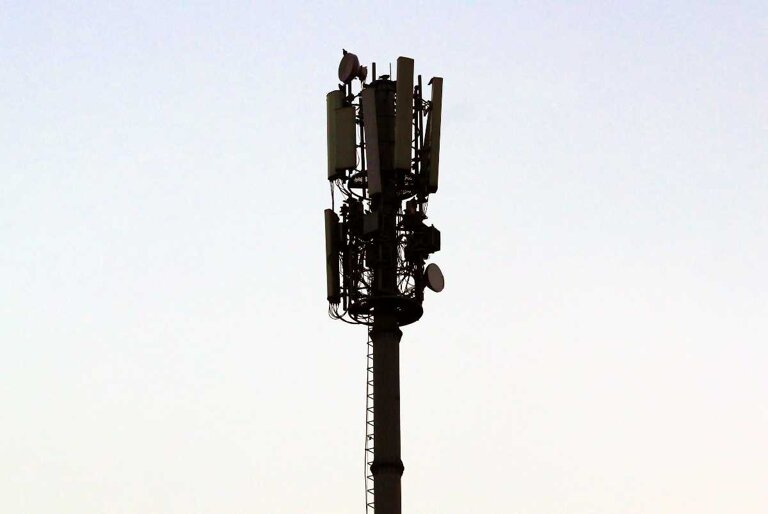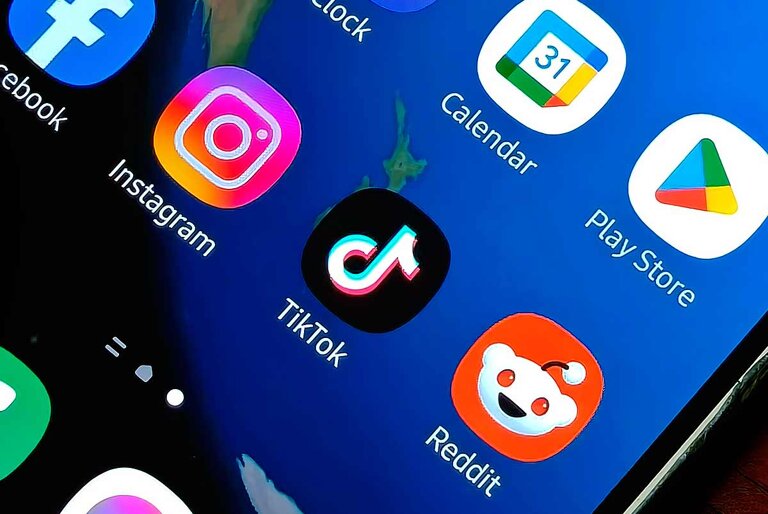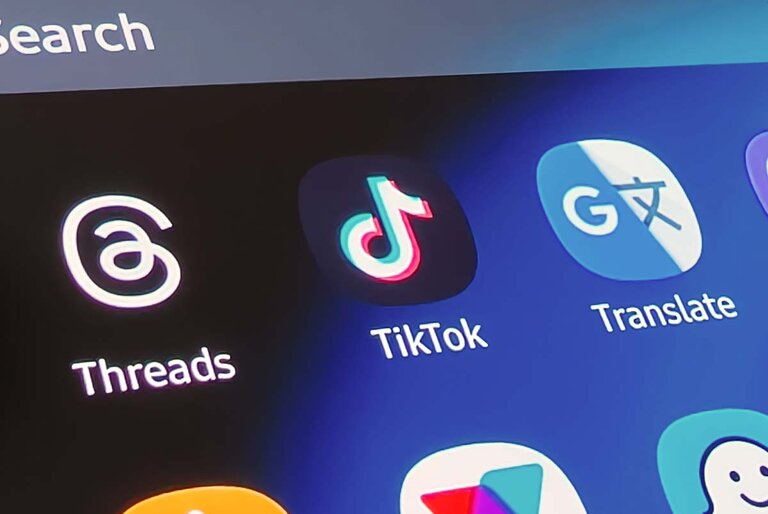A bill that could ban applications controlled by foreign governments deemed adversaries has been filed in the Philippine House of Representatives. House Bill 10489, authored by Manila Rep. Bienvenido Abante Jr., proposes to prohibit the distribution, maintenance, and updates of such apps within the Philippines.
The legislation empowers the President to designate a foreign country as an adversary based on threats to national security and territorial integrity. This designation would trigger a ban on apps controlled by companies in those countries.
One major target of the bill appears to be TikTok, the popular social media app owned by Chinese tech giant ByteDance. Abante expressed concerns that TikTok collects sensitive user data, potentially allowing the Chinese government to influence public opinion. The bill extends the ban to internet hosting services that support these foreign adversary-controlled applications as well.
Abante cited China’s growing involvement in critical Philippine infrastructure, including a 40% stake in both the National Grid Corp. of the Philippines (NGCP) and Dito Telecommunity, as justification for the bill.
Violators face significant penalties, with those distributing or maintaining the banned apps facing imprisonment of 6 to 12 years and hefty fines. Internet hosting services that support the apps could be penalized with imprisonment of 3 to 6 years and substantial fines.
The Department of Information and Communications Technology (DICT) weighed in on the proposed measure, saying it prefers regulation over a complete ban. DICT Undersecretary Jeffrey Ian Dy, during a public briefing, advocated for monitoring and regulating all social media platforms, including online shopping and messaging apps.
In April, a law was passed in the US forcing ByteDance to sell TikTok to an approved US firm or face a ban in the country. Unsurprisingly, TikTok pushed back and challenged the law in court.
Source: PNA, ABS-CBN News
Image: Unsplash


